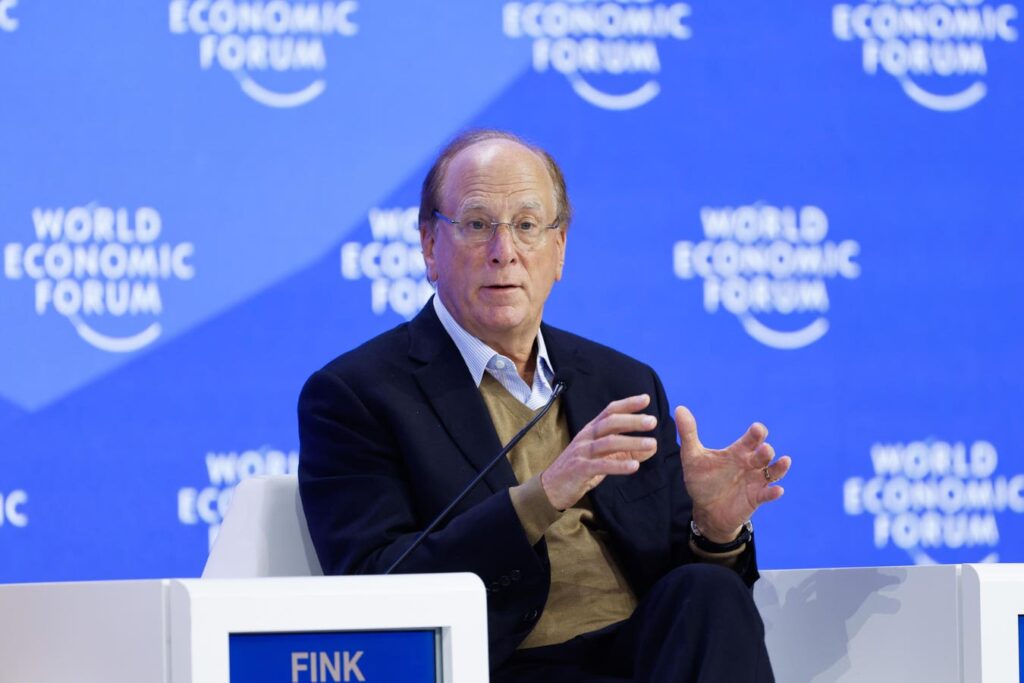On March 31, BlackRock
BLK
Managing over $11.6 trillion in assets, BlackRock Inc. is the world’s largest asset manager, giving them a large voice in international policy and reactions from businesses. Larry Fink, BlackRock’s founder and CEO, was an early advocate for ESG and stakeholder capitalism, an approach to fiduciary duty that considers broader repercussions to the community and environment in making business decisions. However, conservatives took issue with climate policies and diversity, equity, and inclusion, especially as it relates to LGBTQ+ issues. As conservatives began pushing back on ESG in 2023, criticism of BlackRock and Fink quickly escalated.
In response to the conservative backlash, Fink stated he will no longer be using the term ESG, as it had become too political. In the 2024 Chairman’s Letter to Investors, Fink avoided the phrase ESG, opting instead for the terms stakeholder capitalism, sustainable investing, or climate investing. However, none were mentioned in the 2025 letter, indicating a further separation from the issue.
In the 2024 letter, Fink introduced a new term – energy pragmatism. Fink explained that there is a balance between “energy transition” to renewable energy as part of the global push to address climate change, and the need for “energy security” spurred by Russia’s invasion of Ukraine.
By 2025, the the focus on energy shifted to the need for more development, specifically targeting the overly burdensome regulatory requirements and permit process. “In both the U.S. and the EU, it usually takes longer to permit infrastructure projects than
to construct them. A high-voltage power line can take 13 years to get approved—
something China does in a quarter of the time.”
Fink goes on to say, “Without massive investments in energy generation and transmission—and the electricians and engineers to build them—we’re going to face an unacceptable tradeoff: Who gets the electricity—people or machines? And a society that chooses to cool its servers while its citizens swelter—or freeze—has fundamentally misplaced its priorities. We need energy pragmatism. That starts with fixing the slow, broken permitting processes in the U.S. and Europe. But it also means being clear-eyed about our energy mix.
“Most new infrastructure investments have been flowing into renewables. But without major breakthroughs in storage, wind and solar alone can’t reliably keep the lights on. In the near term, more than half the electricity powering data centers must come from dispatchable sources. Otherwise, the air conditioning will shut off, the servers will overheat, and the data centers will shut down. Where does dispatchable power come from? One source is nuclear.”
Fink’s focus on increased energy production and the adoption of new energy sources that may not align with the climate agenda is a notable shift to the right. This may be a result of his relationship with President Trump or just a smart business move as the climate movement struggles globally. His criticism of overly burdensome regulations also aligns with recent actions by the European Union to simplify sustainability reporting requirements. The President of the European Commission is currently pushing a series of simplification measures, including the Omnibus Simplification Package, aimed at easing the regulatory burden on businesses in the EU. Whether Larry Fink is driving the debate or simply reacting, the omissions in the annual letter are worth noticing.
Read the full article here
